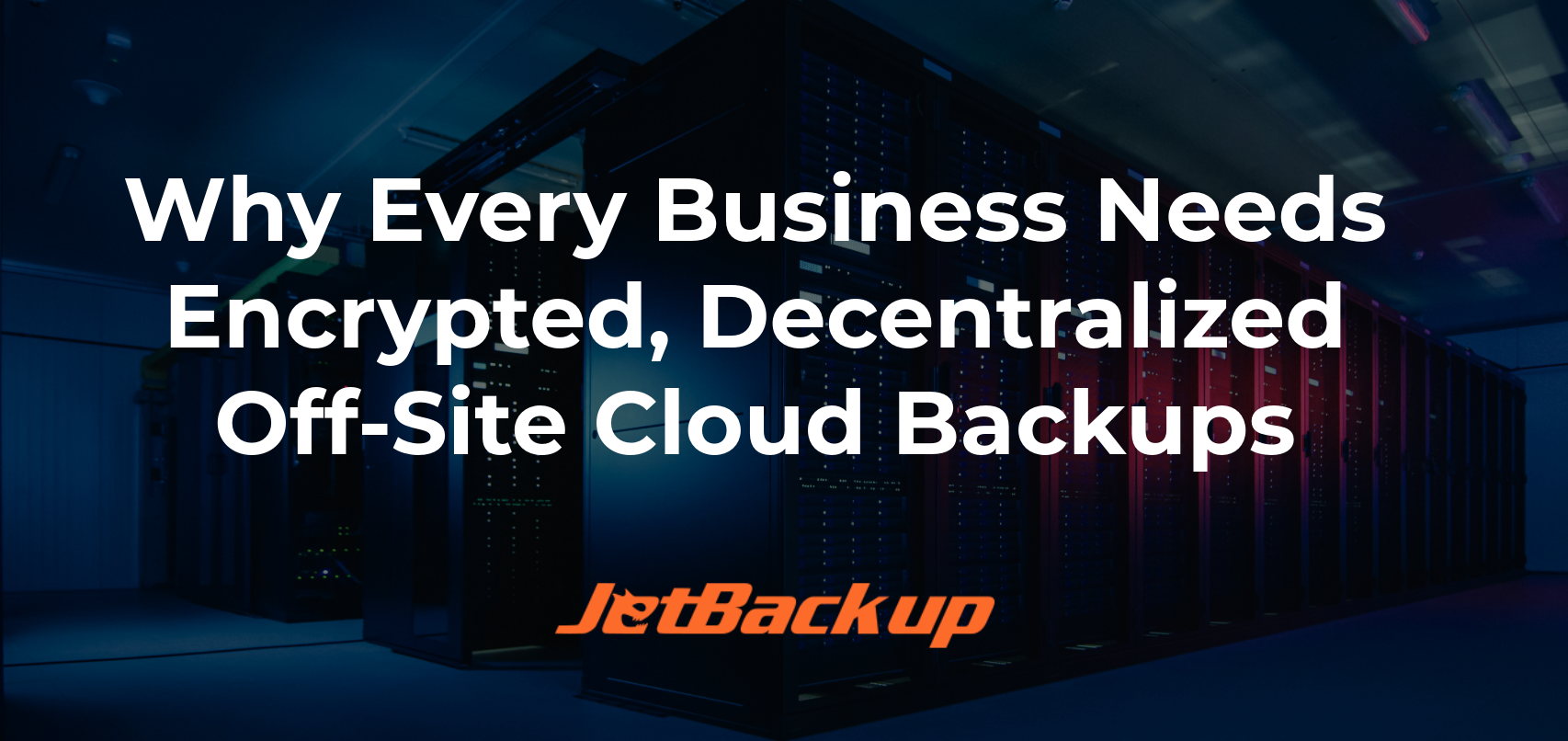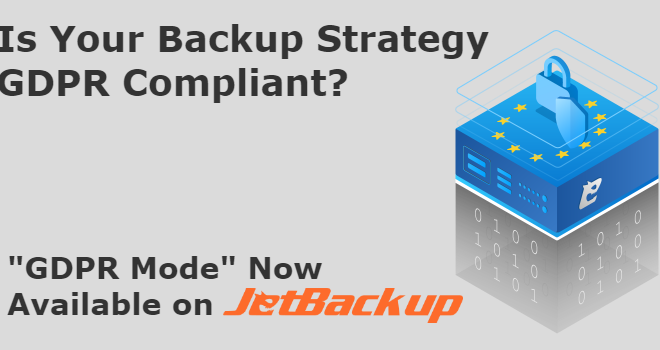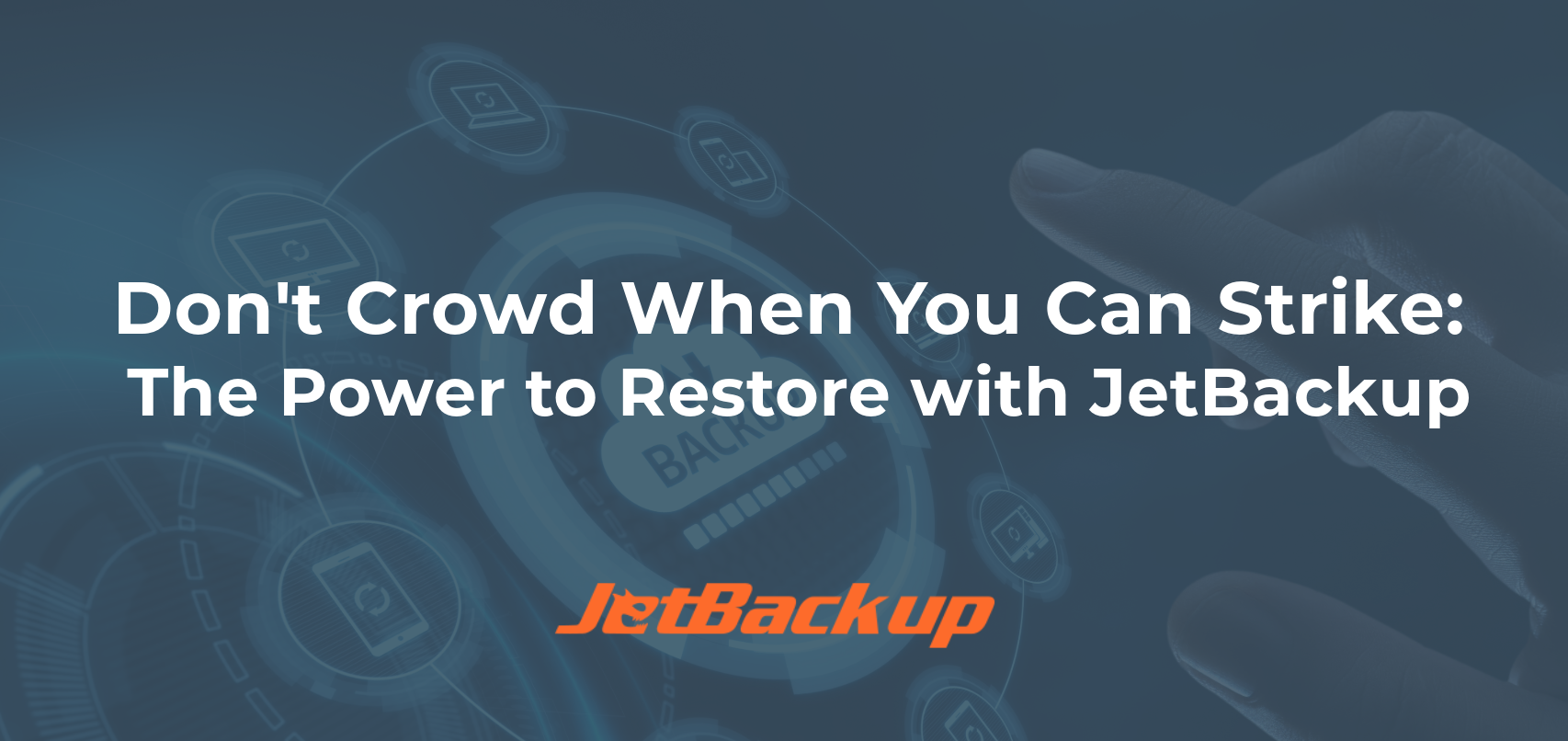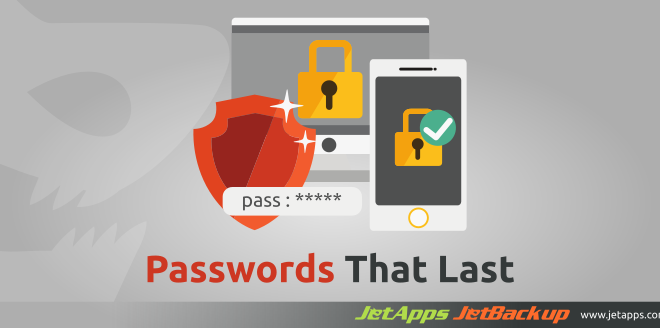Why Every Business Needs Encrypted, Decentralized Off-Site Cloud Backups
When the headlines broke about the fire at South Korea’s National Information Resources Service (NIRS) in Daejeon, the world was reminded of a painful truth: no matter how advanced your infrastructure is, a single point of failure can erase everything. In this case, the government’s cloud storage system, known as G-Drive, was compromised, resulting in the loss of files for hundreds of thousands of civil servants. Because no external backups existed, much of that data may be lost forever. This wasn’t a failure of technology; it was a failure of strategy.
The risks aren’t limited to government infrastructure. In 2021, a fire broke out at OVH’s data center in Strasbourg, France, one of Europe’s largest cloud providers. Entire racks of servers were destroyed overnight, leaving thousands of websites, applications, and customer data offline, many permanently lost because businesses had assumed the provider’s infrastructure was “safe enough” and had no independent, off-site backups.
The Risks of Centralized Backup Systems
Relying on a single location or storage design, even if it is a national data center, creates a catastrophic risk. Fires, floods, earthquakes, and even simple power failures can bring operations to a standstill. In a world of constant connectivity and data availability, losing access to critical files will cause more than just a convenience. It erodes confidence, disrupts workflow, and leaves an organization vulnerable to losses that can significantly impact cash flow and reputation. While consolidated storage may seem to work, it is also the polar opposite of being flexible.
Why Decentralized Cloud Backups Are Essential
A proper backup strategy requires geographic diversity, with encrypted data distributed across multiple off-site locations, so that the failure of one facility does not compromise the entire system. Decentralized storage creates redundancy by design, allows faster disaster recovery, and eliminates the single point of failure. A fire in one city should never wipe out the collective memory of an entire government or organization. When combined with strong encryption, decentralization ensures not only survival but also privacy. Data remains recoverable and protected, no matter where it is stored.
The Importance of Encryption in Cloud Storage
Backing up data off-site is part of a solution. Without strong encryption, off-site data is as exposed as local data. With encryption, a storage location can be breached, but the data remains beyond unauthorized access. Defending data in the most sophisticated manner is achieved through systems in which data is encrypted during transfer and storage, and managed with key controls that never allow the service provider to access the customer data. The principle is simple: your data always remains your property.
JetBackup Premium Cloud Storage: Secure, Encrypted, and Decentralized
This is the philosophy behind JetBackup Premium Cloud Storage. Our system does not merely copy your data; it distributes it securely across multiple off-site data centers. Each backup is encrypted end-to-end, ensuring that files are both recoverable and protected. Recent expansions in Europe have strengthened geographic redundancy, and with more data centers coming online, JetBackup continues to deliver a future-proof solution for data resilience.
At JetBackup, we believe backups are more than insurance; they are peace of mind. Fires will happen, disasters will strike, but with secure, encrypted, decentralized off-site cloud backups, they do not have to become existential threats. The lesson is clear: resilience is not optional, and the time to build it is now.
👉 Learn more about JetBackup Premium Cloud Storage and ensure your data is never left unprotected.
Subscribe to our newsletter
Get expert backup tips, the latest industry trends, and exclusive updates on all things JetBackup. Be the first to know—delivered straight to your inbox.
Start your FREE trial
of Jetbackup Today!
Get Started Now!
No credit card required.
Install Jetbackup in minutes.
Categories
Archive
- February 2026
- January 2026
- December 2025
- November 2025
- October 2025
- September 2025
- July 2025
- June 2025
- May 2025
- April 2025
- March 2025
- February 2025
- January 2025
- December 2024
- November 2024
- October 2024
- September 2024
- August 2024
- July 2024
- May 2024
- April 2024
- February 2024
- January 2024
- December 2023
- November 2023
- October 2023
- August 2023
- July 2023
- April 2023
- January 2023
- August 2022
- May 2022
- March 2022
- January 2022
- December 2021
- November 2021
- October 2021
- September 2021
- August 2021
- July 2021
- June 2021
- May 2021
- March 2021
- February 2021
- January 2021
- December 2020
- October 2020
- August 2020
- April 2020
- March 2020
- February 2020
- January 2020
- December 2019
- November 2019
- September 2019
- August 2019
- July 2019
- June 2019
- April 2019
- March 2019
- January 2019
- December 2018
- November 2018
- October 2018
- September 2018
- August 2018
- May 2018
- April 2018
- March 2018
- February 2018
- January 2018
- December 2017
- November 2017





